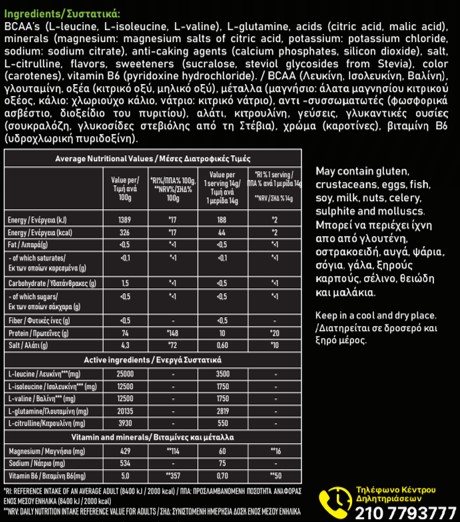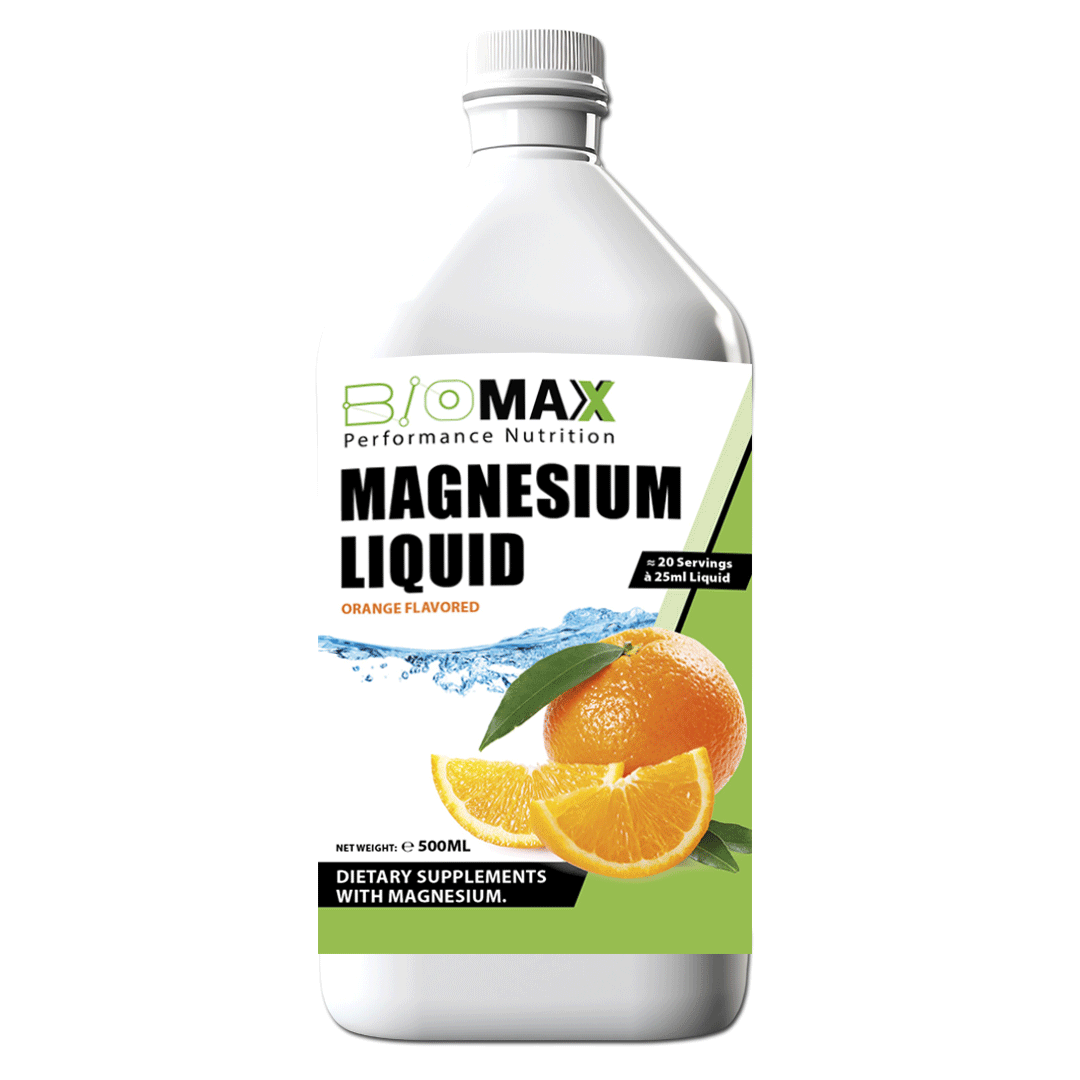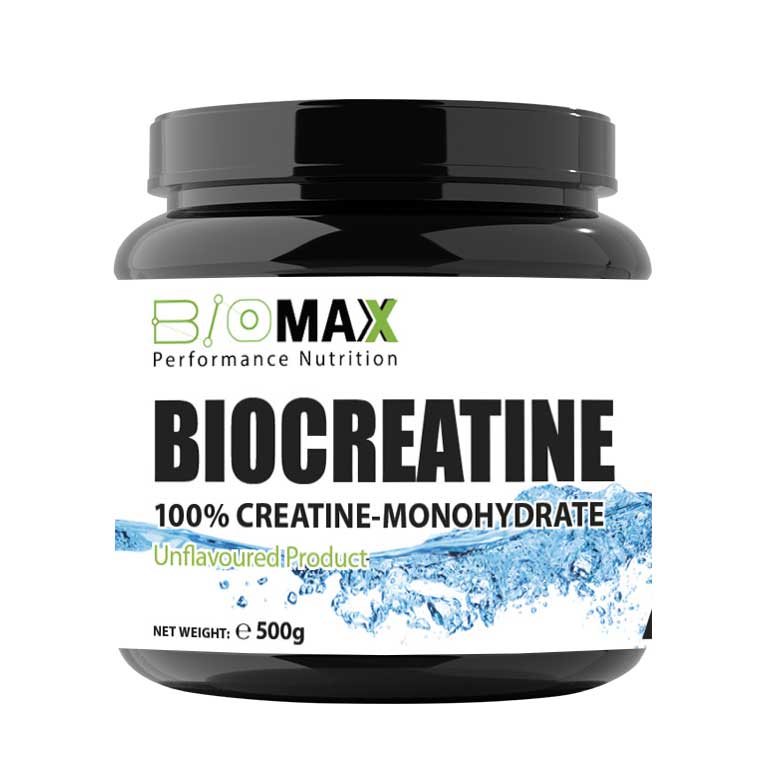What Are Amino Acid Supplements?
Amino acid supplements are dietary formulas designed to enhance energy and muscular endurance during training, as well as aid recovery post-workout.
They are typically powders mixed with water and consumed during exercise.
What Ingredients Do Amino Acid Supplements Usually Contain, and How Can They Improve Athletic Performance?
Branched-chain amino acids (BCAAs) are a group of three essential amino acids: Leucine, Isoleucine, and Valine.
Like all amino acids, BCAAs are building blocks used by the body to produce proteins.
BCAA supplements are commonly taken to:
- Maximize muscle growth
- Improve athletic performance
- Aid in weight loss
- Reduce post-exercise fatigue
Let’s explore BCAAs in more detail.
BCAAs make up about 35–40% of all essential amino acids in the body and 14–18% of those found in muscle tissue. Unlike most amino acids, BCAAs are primarily broken down in the muscles rather than the liver, which is why they are believed to play an active role in energy production during exercise.
Another key reason for consuming BCAAs is that the body can use them as building blocks for protein synthesis and muscle tissue repair.
BCAAs also help regulate blood sugar levels by maintaining stable glycogen stores in the liver and muscles, while directly promoting glucose uptake by muscle cells from the bloodstream.
Additionally, BCAAs may reduce feelings of fatigue during exercise by decreasing serotonin production in the brain, and they can help alleviate delayed-onset muscle soreness (DOMS) after workouts.
Leucine is considered the most crucial amino acid among the three BCAAs because it has the greatest effect on the body’s ability to synthesize muscle protein. Studies suggest that BCAA supplements are especially effective in increasing muscle mass when they contain a higher ratio of Leucine compared to Isoleucine and Valine. Nevertheless, the other two amino acids are also vital, as they contribute to energy production and blood sugar regulation.
L-Glutamine
Glutamine is the most abundant amino acid in the bloodstream, with numerous functions in the human body.
It participates in many biochemical processes, being one of the proteinogenic amino acids involved in protein synthesis. It is a building block of proteins and plays a vital role in immune system function and gut health.
During intense exercise, Glutamine levels in the blood decrease, leaving the immune system vulnerable to viral infections and increasing the risk of illness.
Supplementing with L-Glutamine has been shown to improve:
- Immune system function and gut health
- Post-exercise muscle soreness
- Recovery and healing
- Recovery time after strenuous workouts
- Fatigue markers following intense training sessions
Citrulline
Citrulline enhances blood circulation, increasing the flow of oxygen and nutrients to the muscles and other tissues. This improved flow supports endurance and reduces fatigue during intense exercise.
Citrulline also helps remove ammonia and other toxins from the body, reducing muscle fatigue and speeding up recovery after workouts.
This formula also includes a blend of essential minerals such as potassium, magnesium, and calcium, which are critical for hydration and proper muscle function. These minerals help regulate the body’s electrolytes, maintain energy balance, and support muscle contractions, ensuring peak performance.
Conclusions
Using a supplement in effective doses for ergogenic benefits, like POWER BCAAs by BIOMAX PERFORMANCE NUTRITION, can help athletes increase energy and muscular endurance during workouts while accelerating post-exercise recovery.
Long-term use of amino acid supplements appears to enable athletes to perform greater training volumes, resulting in gains in both strength and muscle mass.
Key Benefits
BCAAs (7g) – Boosts muscle repair, reduces soreness, and supports lean muscle growth.
Glutamine (3g) – Enhances recovery and supports immune function.
Citrulline (500mg) – Promotes endurance by improving blood flow and reducing fatigue.
Mineral Blend – Includes potassium and magnesium, to keep muscles hydrated and support energy production.
For Maximum Results: Use as needed in conjunction with a healthy balanced diet and regular exercise including both strength and cardiovascular training.
Suggested Use:
Serving size: 14g
Servings per container: 36 (504g)
Suggested use: Mix 14g with 350ml of water in a shaker or blender.
Bibliography:
- Riazi R. Et al., The total branched-chain amino acid requirement in young healthy adult men determined by indicator amino acid oxidation by use of L-[1-13C]phenylalanine. J Nutr., 2003.
- Shimomura Y. Et al., Nutraceutical effects of branched-chain amino acids on skeletal muscle. J Nutr., 2006.
- Kimball SR et al., Signaling pathways and molecular mechanisms through which branched-chain amino acids mediate translational control of protein synthesis. J Nutr., 2006.
- Rennie MJ et al., Branched-chain amino acids as fuels and anabolic signals in human muscle. J Nutr., 2006.
- Doi M. et al., Isoleucine, a potent plasma glucose-lowering amino acid, stimulates glucose uptake in C2C12 myotubes. Biochem Biophys Res Commun., 2003.
- Falavigna G. et al., Effects of diets supplemented with branched-chain amino acids on the performance and fatigue mechanisms of rats submitted to prolonged physical exercise. Nutrients., 2012.
- Blomstrand E. et al., A role for branched-chain amino acids in reducing central fatigue. J Nutr., 2006.
- Gualano AB. Et al., Branched-chain amino acids supplementation enhances exercise capacity and lipid oxidation during endurance exercise after muscle glycogen depletion. J Sports Med Phys Fitness., 2011.
- Mero A. Et al., Leucine supplementation and intensive training. Sports Med. 1999.
- Leahy DT et al., Branched-chain amino Acid plus glucose supplement reduces exercise-induced delayed onset muscle soreness in college-age females. ISRN Nutr., 2013.
- Qin LQ et al., Higher branched-chain amino acid intake is associated with a lower prevalence of being overweight or obese in middle-aged East Asian and Western adults. J Nutr., 2011.
- Eric T. Trexler et al., International society of sports nutrition position stand: Beta-Alanine. J Int Soc Sports Nutr., 2015.
- Kendrick IP. Et al., The effects of 10 weeks of resistance training combined with beta-alanine supplementation on whole body strength, force production, muscular endurance and body composition. Amino Acids, 2008.
- Harty PS et al., Multi-ingredient pre-workout supplements, safety implications, and performance outcomes: a brief review. J Int Soc Sports Nutr, 2018.
- Bescós R et al., The effect of nitric-oxide-related supplements on human performance. Sports Med., 2012.
- Kim H., Glutamine as an immunonutrient. Yonsei Med J., 2011.
- Calder PC. Et al., Glutamine and the immune system. Amino Acids., 1999.
- Legault Z. et al., The Influence of Oral L-Glutamine Supplementation on Muscle Strength Recovery and Soreness Following Unilateral Knee Extension Eccentric Exercise. Int J Sport Nutr Exerc Metab., 2015.
- Carvalho-Peixoto J. et al., Glutamine and carbohydrate supplements reduce ammonemia increase during endurance field exercise. Appl Physiol Nutr Metab., 2007.






Reviews
There are no reviews yet.